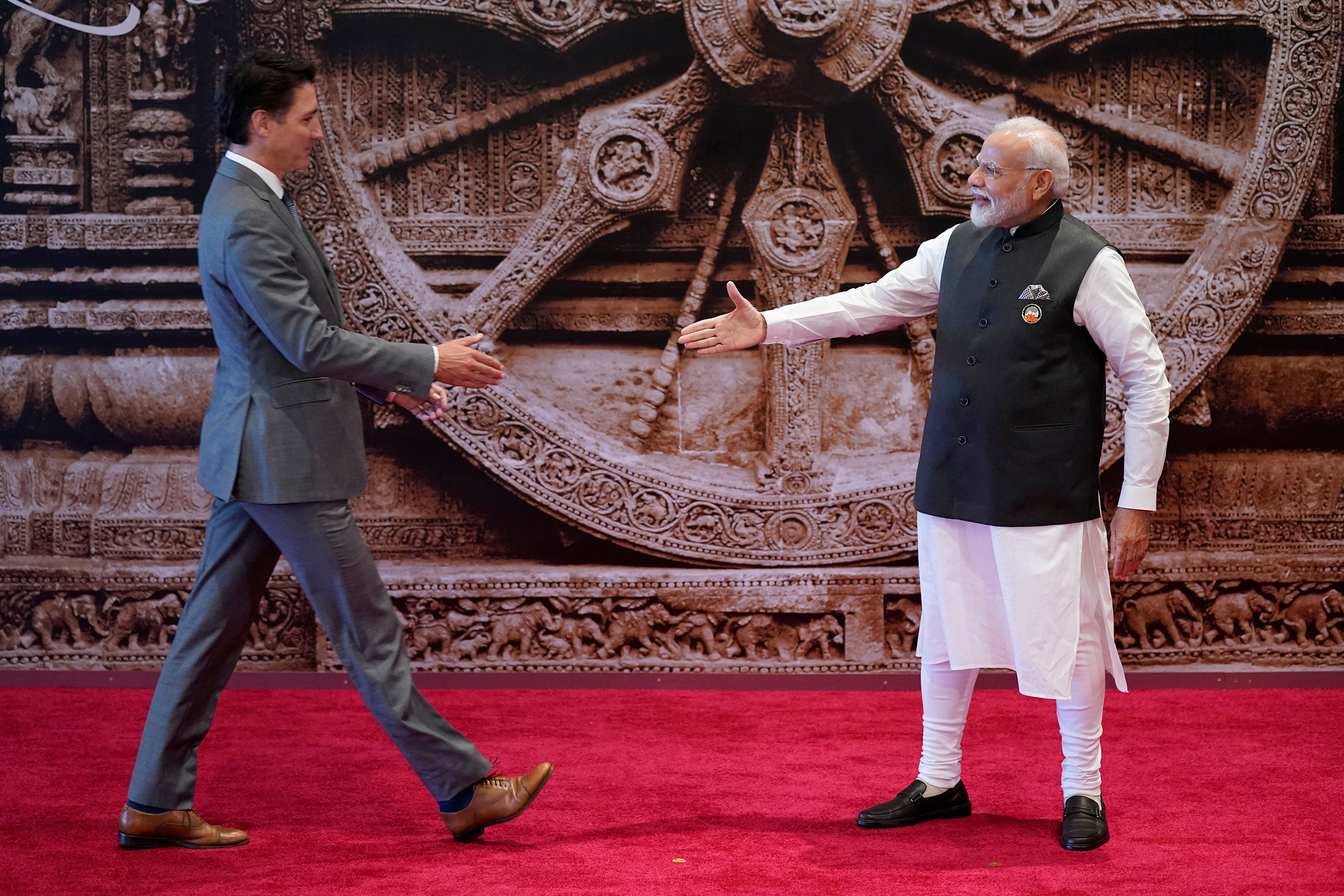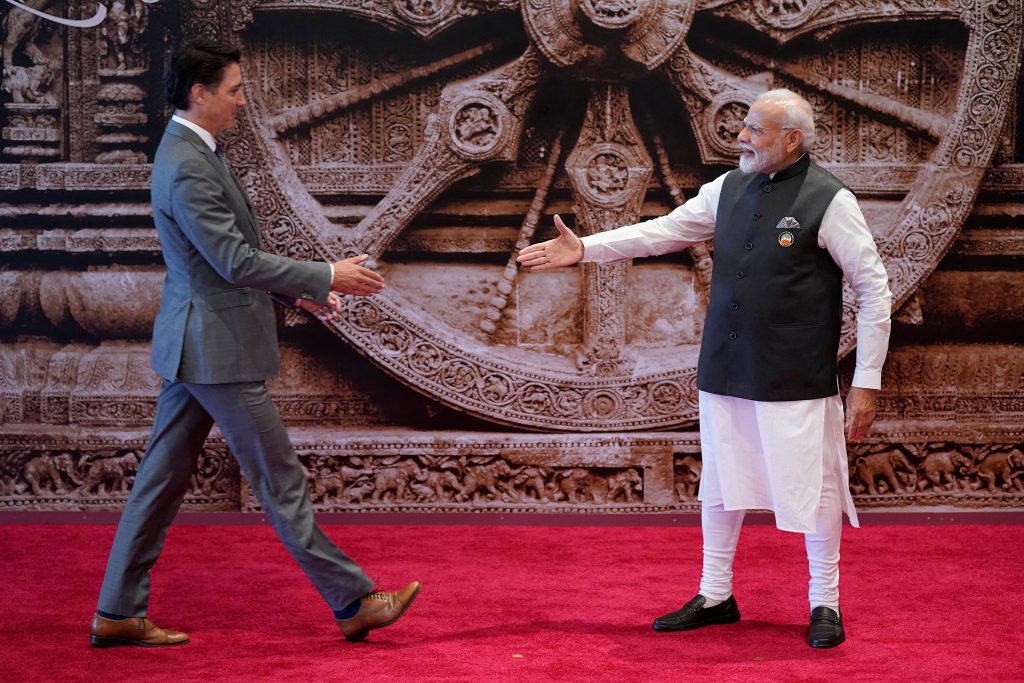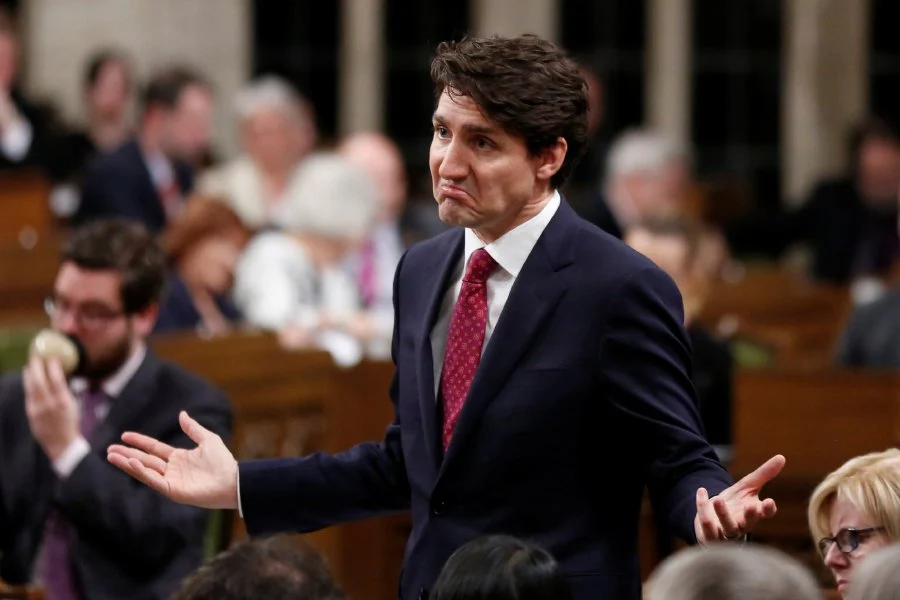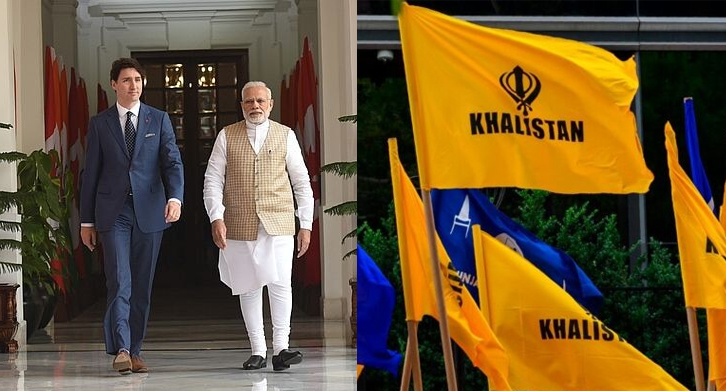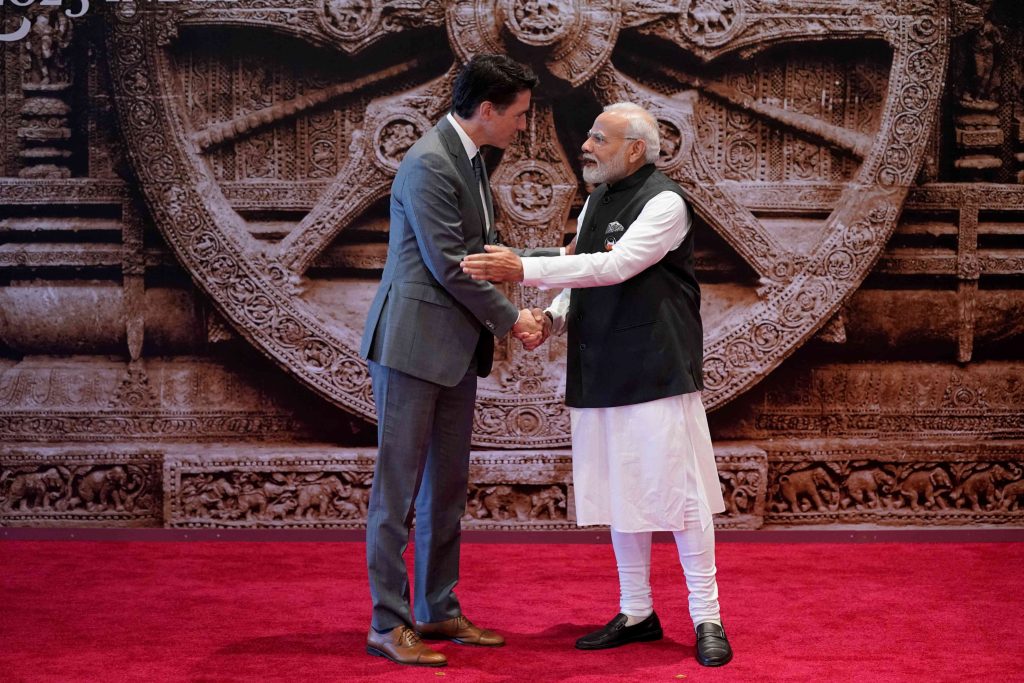The relationship between India and Canada has experienced significant strain in recent years, leading to a deterioration of their once flourishing ties. Historically driven by trade and the presence of a large Indian diaspora in Canada, these two nations have seen a downward spiral due to various factors. In this comprehensive article, we will delve into the causes and consequences of the fraying Indian Canada relations, exploring the underlying issues and their impact on diplomatic ties.
Historical Background and Cultural Ties
The roots of the India-Canada relationship can be traced back to the significant presence of the Sikh community in Canada. With nearly 770,000 Sikhs residing in Canada, representing 2.1% of the country’s population, cultural and historical connections have played a crucial role in shaping bilateral relations. However, tensions began to simmer in 2015 when Canadian Prime Minister Justin Trudeau, after assuming office, appointed four Sikh ministers to his cabinet. This move raised concerns among Indian officials who feared that Canada was fostering sympathy towards the Khalistan movement, advocating for a separate Sikh homeland in India.
Rising Tensions and Growing Activism
Over the years, India has expressed its unease over Sikh Canadians who openly support the Khalistan cause. Incidents of vandalism targeting Indian institutions in Canada, such as the defacement of a Hindu temple with graffiti that read “death to India” and “Khalistan,” have intensified concerns. Additionally, Sikh Canadians have organized local referendums advocating for Sikh independence from India. These developments have strained the relationship further, fueling Indian accusations of Canada’s failure to address their concerns and alleging vote-bank politics as the driving force behind Canada’s stance.
Trade and Strategic Convergences
Despite the growing tensions, India-Canada relations seemed to be on a positive trajectory until recently. The two countries had been strengthening cooperation, particularly in areas of shared concern, such as countering China’s influence. Canada, under its Indo-Pacific strategy, recognized India as a critical partner. The intention was to diversify Canada’s economy by capitalizing on India’s growing economic and demographic importance in the region. Both sides were optimistic about early-stage trade agreements covering automobiles, agriculture, and information technology.
Deterioration in Recent Months
However, in early June, India’s Minister of External Affairs, S. Jaishankar, voiced concerns about Canada’s accommodation of Sikh separatists, emphasizing the detrimental impact on bilateral relations. These concerns were sparked by a social media clip showing a parade organized by Khalistani separatists in Brampton, Ontario. Jaishankar criticized Canada for what he perceived as vote-bank politics influencing their handling of the Khalistani issue. Just days later, Hardeep Singh Nijjar, a prominent Sikh leader, was assassinated at a Sikh temple in Vancouver, intensifying tensions between the two nations.
Pause in Trade Negotiations and Worsening Sikh Activism
The deteriorating relations between India and Canada have coincided with increasing Sikh activism, not only in Canada but also in the UK, the US, and Australia. Widespread protests erupted in March, demanding the release of Amritpal Singh, another Sikh separatist leader. New Delhi has grown increasingly concerned about the rise in Sikh activism, while Canada, citing freedom of speech, has been reluctant to address Indian apprehensions. This divergence has deepened the rift and further strained diplomatic ties between the two nations.
Explosive Allegations and Retaliatory Actions
The relationship suffered a severe blow when Prime Minister Trudeau made explosive accusations before the Canadian Parliament. Ottawa claimed to be pursuing credible allegations from Canadian intelligence, implicating New Delhi in the assassination of Hardeep Singh Nijjar on Canadian soil. In response, the Canadian government expelled a senior Indian diplomat. India swiftly condemned the allegations, denying any involvement in Nijjar’s death, and retaliated by expelling an unnamed senior Canadian diplomat. These actions escalated tensions and further damaged the relationship.
Ramifications for Canada’s Global Position
Canada’s strained relationship with India reflects a recurring trend in its diplomatic engagements with rising nations. Previous disputes with China and Saudi Arabia suggest that Canada’s global position can be affected when it takes a stand against powerful nations. The allegations made by Trudeau have put Canada in a precarious situation. The Biden Administration, keen on maintaining close ties with India to counter China’s influence in the Indo-Pacific region, faces a delicate balancing act.
Trade Relationship: Growth and Challenges
In recent years, India-Canada trade relations have witnessed both growth and challenges. In 2022, bilateral trade between the two countries amounted to approximately C$15.14 billion. However, trade tensions have emerged, leading to canceled trade missions and concerns about market access barriers. Both countries have expressed the need to address these issues and enhance economic cooperation.
Road to Recovery and Future Prospects
The damage inflicted upon Canada-India relations is significant, and repairing the relationship will not be an easy task. The allegations and retaliatory actions have created deep fissures that will require time, effort, and diplomatic maneuvers to heal. Both nations will need to engage in open dialogue, address each other’s concerns, and find common ground to move forward. The path to recovery will be challenging, but the long-standing ties and shared interests provide a glimmer of hope for the future.
Conclusion
The deterioration of India-Canada relations and the subsequent fallout have highlighted the complexities of diplomatic engagements in a rapidly changing world. The historical and cultural ties that once fostered a thriving relationship have been strained by political considerations and divergent interests. While the road to recovery may be arduous, it is essential for both nations to find common ground and rebuild trust. Only through open dialogue and a commitment to mutual understanding can India and Canada forge a stronger and more resilient partnership.
In recent years, the relationship between India and Canada has crumbled due to a series of events and disagreements. The Indian government has accused Canada of fostering sympathy towards Sikh separatists, while Canada has accused India of interfering in its domestic politics. These allegations, along with the growing activism of Sikh Canadians and the recent assassination of a prominent Sikh leader on Canadian soil, have further exacerbated tensions. The fallout from these incidents has led to retaliatory actions, expulsion of diplomats, and a pause in trade negotiations. The impact of this deterioration goes beyond bilateral relations, with ramifications for Canada’s global position and its strategic goals in countering China’s influence. As both nations navigate this challenging period, the path to recovery will require careful diplomacy, open dialogue, and a commitment to addressing each other’s concerns.
